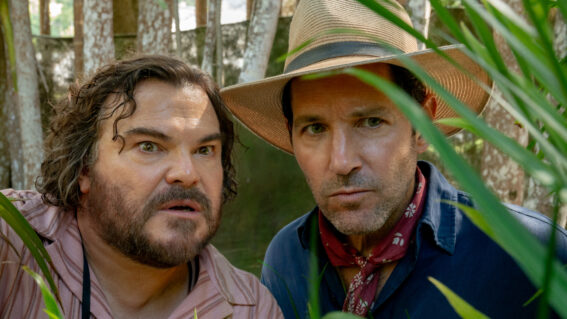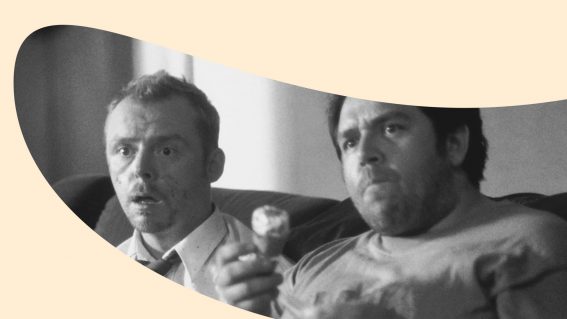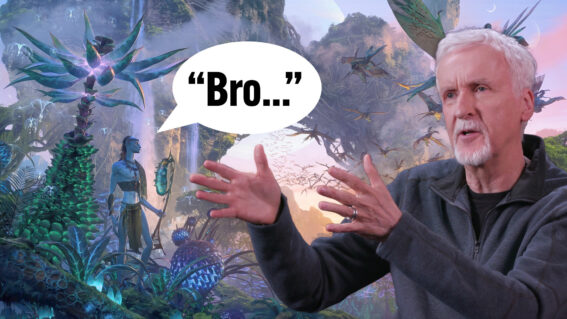More than a shark: how Jaws predicted the politics of climate inaction
On its 50th birthday, we revisit Jaws and discover it isn’t just about a shark—it’s a razor-toothed parable on ignoring climate science.
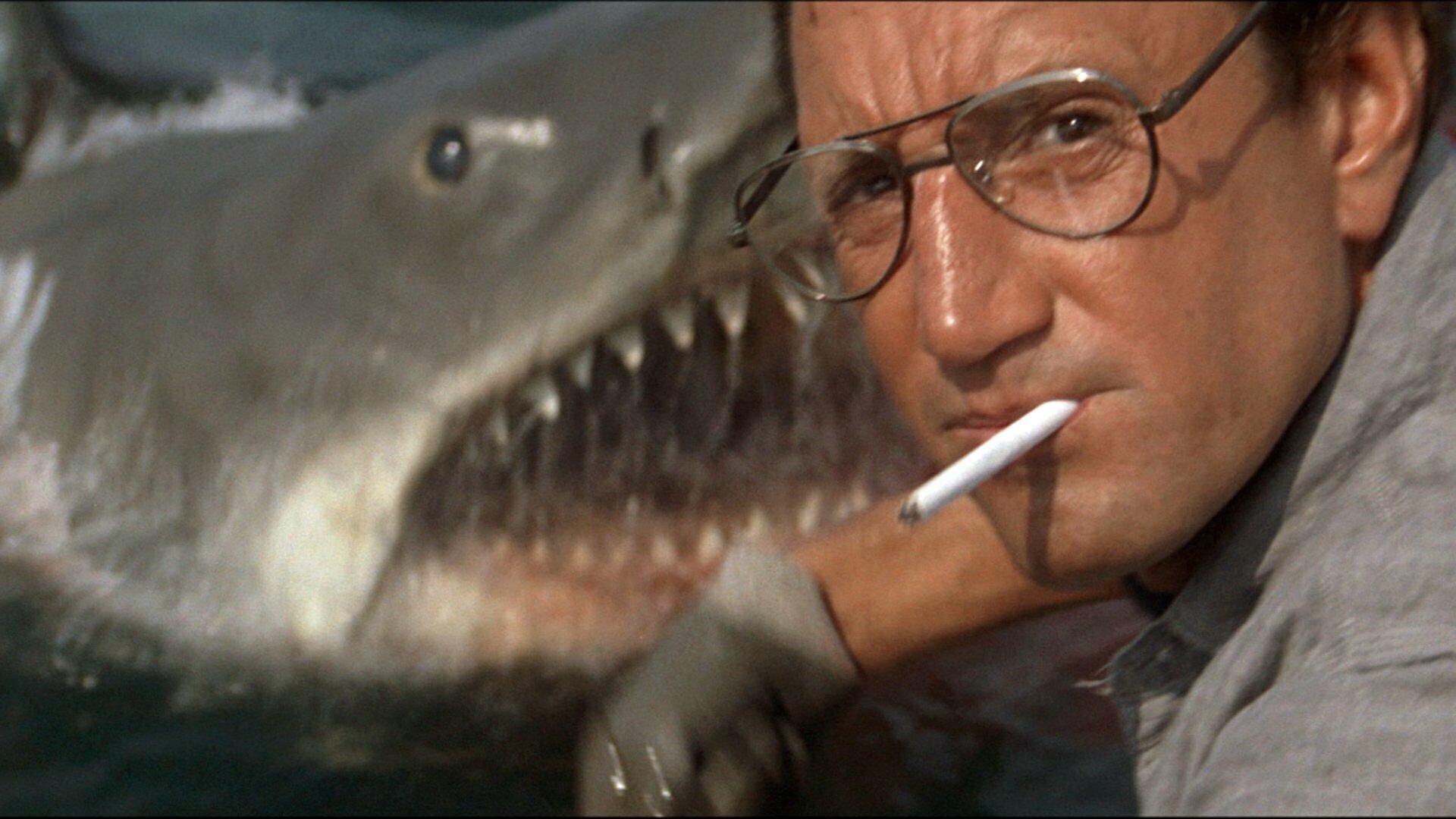
Jaws is one of those epochal titles that’s been unpacked ad nauseum for decades, tossed and turned like a strange artifact. It’s the Mona Lisa of shark movies: sensationally popular and at first blush pretty simple, all meaning on the surface. But there’s something about that lady’s smile, and those shark’s teeth, that really burrows into your head and gets you thinking. Could Jaws actually be about something, other than those moments in life when you really, really need a bigger boat?
Time has made it clear that one of the greatest obstacles during the film’s production inadvertently created one of its strengths. It’s well-known that the malfunctioning animatronic shark Steven Spielberg deployed, dubbed “Bruce,” wasn’t very good, flopping around like a giant bath toy. So the director cut around that great lug, limiting its presence, which in turn maximised suspense, laying testament to that great quote from Orson Welles: “the enemy of art is the absence of limitations.”
More than a monster
Like many enduring classics, Jaws—while in essence a rootin-tootin creature feature—is ideologically malleable, capable of meaning different things at different times. Is it a post-Watergate rumination on political malfeasance? A comment on laissez-faire capitalism? With the film now 50 years old, this month marking its half-centenary anniversary, it surprises me that more hasn’t been made about it as a commentary on responses to the climate crisis, given how strikingly this fits with its core messages.
“Listen to the scientists” is a common refrain of climate activists. Over the years I’ve noticed several placards at climate rallies inscribed with variations of: “Every disaster movie begins with a scientist being ignored.” In Jaws, that character is Richard Dreyfuss’ marine biologist Matt Hooper, who, simply for doing his job, being a deeply knowledgeable, well-informed and considered expert, is seen as a threat to the system. He’s the kind of person who, today, would be decried as a jacked-up leftie by the anti-woke brigade.
Denial and dollars: the real villain
In real-life, when any respectable climate scientist explains the impact of global warming on a natural disaster, they can’t say the former definitely and entirely caused the latter; that would be a misleading simplification. Nor can they ignore the reality that the two are intrinsically linked, global warming fuelling more disasters. They’re forced into an inconvenient space called “nuance.”
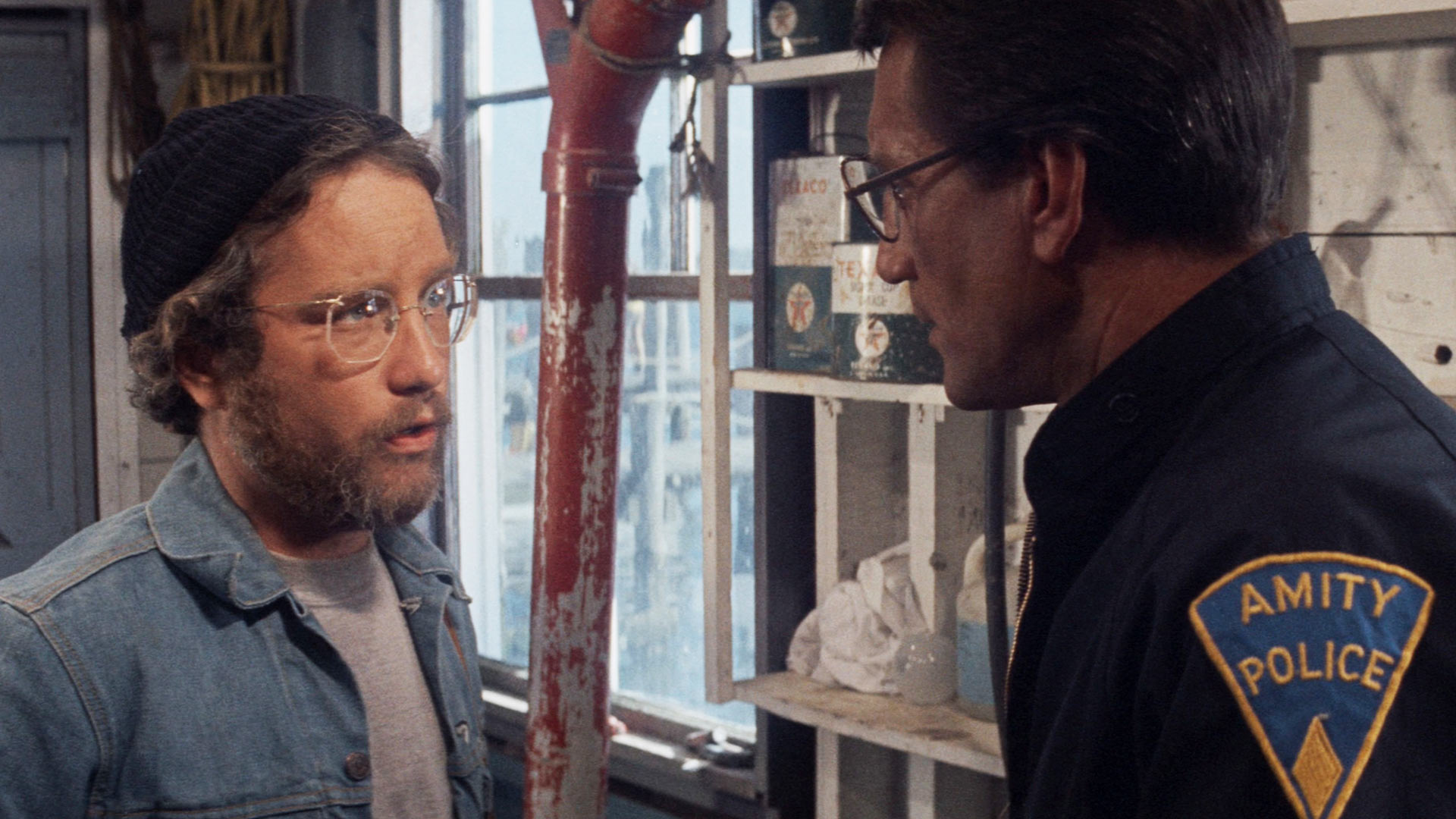
About half an hour into Jaws, citizens of the coastal town of Amity proudly display the corpse of a freshly killed shark, declaring that they’ve found and defeated the beast that’s been chomping on swimmers. Big smiles, cheering, jubilation. The crowd wants a blanket “yes”—that this is the great white in question; problem solved thankyouverymuch. But Hooper isn’t convinced. He knows he can’t say with certainty that they’re right, and he knows he can’t say with certainty that they’re wrong. Eck. Nuance.
“I’m not saying this is not the shark,” he tells police chief Brody (Roy Scheider). “It probably is…but the fact is that the bite radius on this animal is different than the wounds on the victim.” Hooper wants to be sure and asks to perform an autopsy on the fish. This entirely reasonable course of action is shut down by Mayor Vaughn (Murray Hamilton), who’s more concerned with the economic impact that closing the beach would have. “Amity is a summer town,” he says. “We need summer dollars.”
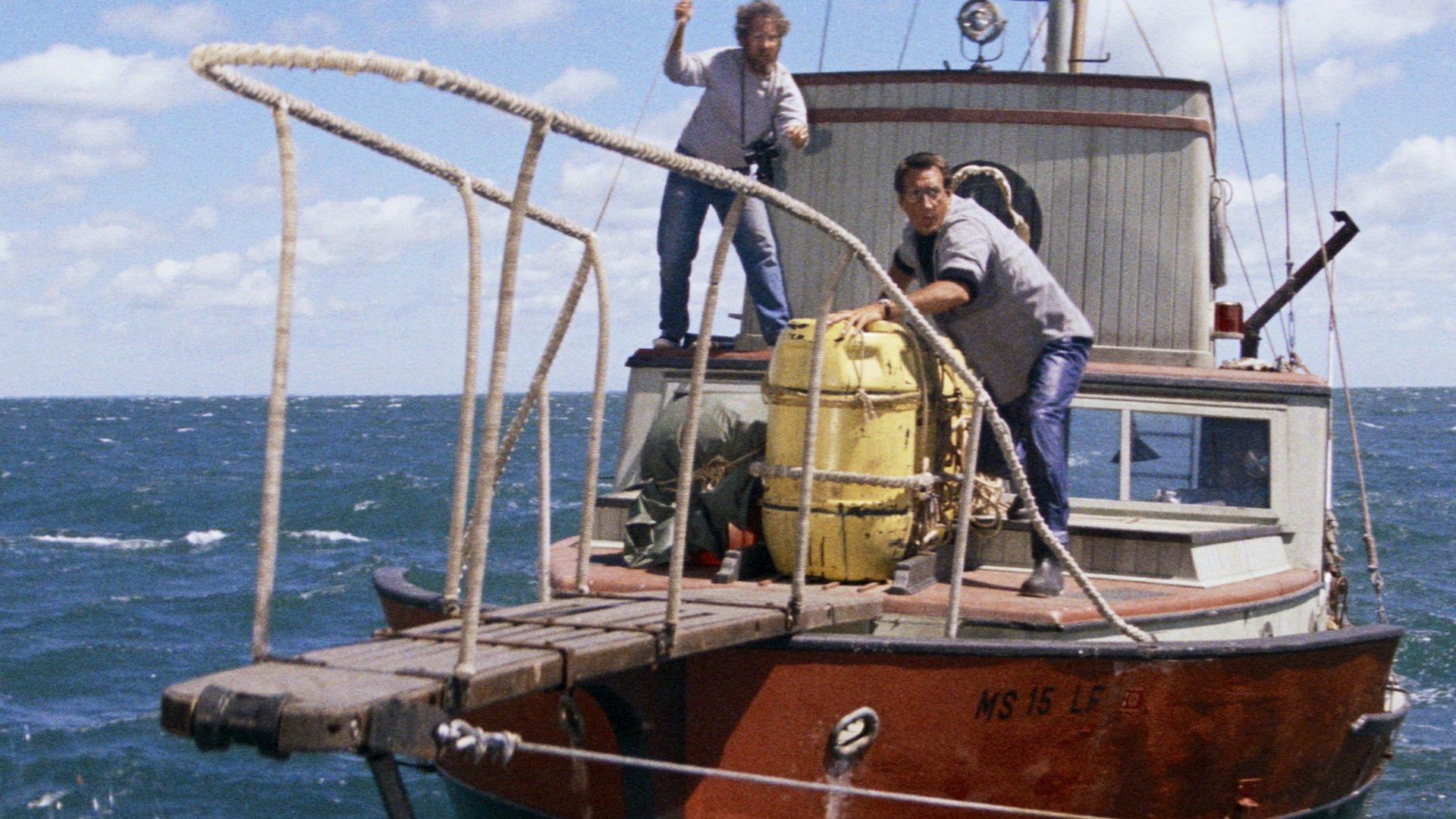
The cost of inaction
Peter Benchley’s compulsively readable book, on which the film is based, expends more effort unpacking Amity’s economic reality and the role of the people who run the town—its powerful “selectmen.” In both versions, they pressure Brody to keep the beach open. The desire to maintain the status quo—keeping the wheels of commerce spinning, despite potentially catastrophic consequences—is prioritised above truth itself.
Like the Trump administration’s Orwellian removal of climate change from federal websites, authorities in Amity alter the death report of the initial victim, from shark attack to “probable boating accident.” With time, like the existence of anthropogenic climate change, it becomes an incontrovertible fact: the shark really does exist, and by god, they should have acted.
Brody is also aware that, when it comes to the town’s economic circumstances, things really are dire. People are struggling. However he recognises that the dangers of not acting far outweigh any momentary costs. Does that, in the context of debates around climate action, ring any bells? Variations of this argument have been delivered countless times by scientists and activists, outlining that whatever inconvenience incurred now will pale in comparison to what’s coming coming down the pipeline. This is sometimes referred to as “the cost of inaction.”
See how these meanings fit so easily with Jaws? Spielberg’s creature feature remains a helluva spectacle, with latent meaning—should you wish to look for it. The shark has teeth.









